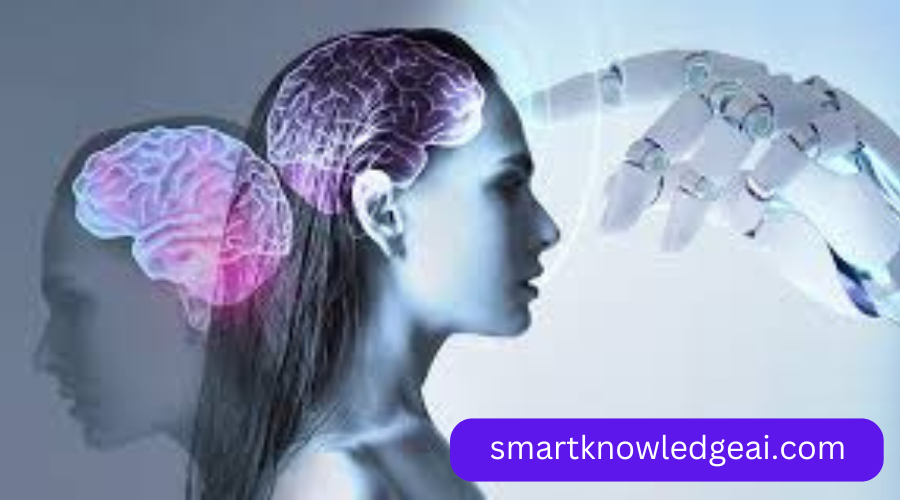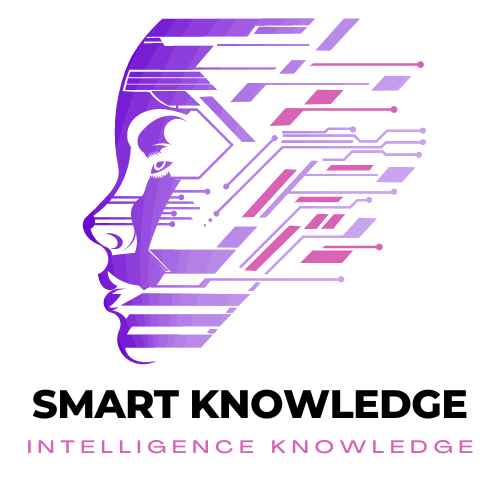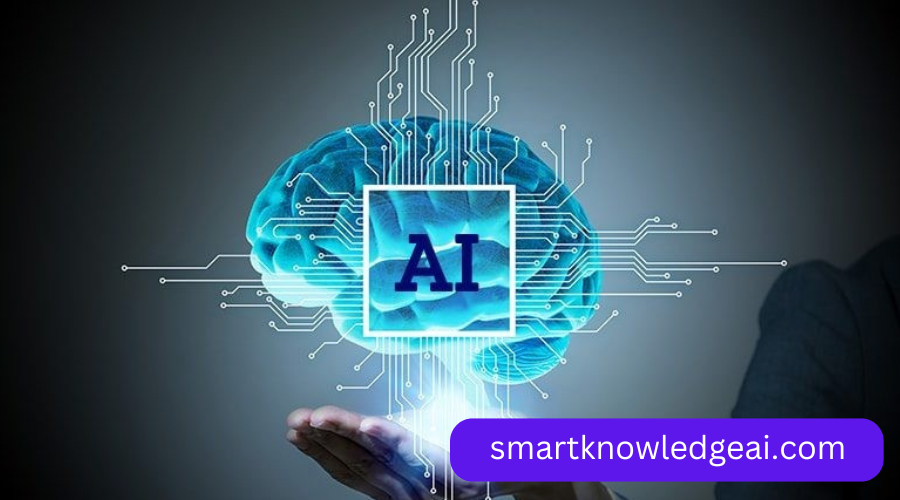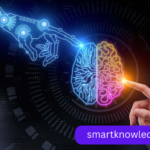Artificial Intelligence (AI) is making significant strides in various aspects of healthcare, and its impact on mental health care is particularly promising. With the growing demand for mental health support, AI is being leveraged to increase accessibility, personalize treatment, and enhance the overall quality of care. This blog explores how AI is transforming mental health services, the benefits it offers, challenges to be aware of, and the future of AI in mental health care.
Key Applications of AI in Mental Health
- AI-Powered Chatbots for Support: AI-based chatbots are being used to provide immediate support to individuals experiencing stress, anxiety, or depression. These chatbots use natural language processing (NLP) to simulate human conversation and provide real-time guidance, resources, or just an empathetic interaction.
- Mental Health Screening Tools: AI algorithms are employed to screen and monitor mental health conditions through voice analysis, facial recognition, and behavioral data. These tools can detect early signs of mental health issues, prompting timely interventions before the situation worsens.
- Personalized Therapy and Treatment Plans: AI assists therapists in creating customized treatment plans by analyzing patient data and identifying what approaches work best for individual cases. This helps tailor cognitive-behavioral therapy (CBT) and other treatments more effectively.
- Virtual Reality (VR) with AI Integration: AI and VR are combined to create immersive therapy sessions for treating PTSD, phobias, and other conditions. AI adapts these VR experiences to the patient’s progress, making the treatment dynamic and personalized.
- Predictive Analysis for Mental Health Trends: By analyzing large datasets from social media, search engine queries, and other digital behavior, AI can identify patterns and predict mental health trends in different populations. This can help policymakers and health organizations allocate resources effectively.
- Mobile Apps for Mental Wellness: AI is integrated into mental health apps that track mood, offer meditation exercises, and provide feedback to promote mental wellness. These apps learn from user input to suggest personalized strategies for managing stress and anxiety.
Benefits of AI in Mental Health
- Increased Accessibility: AI-powered mental health tools offer support 24/7, allowing individuals to access help anytime, anywhere. This is particularly beneficial for those living in areas with limited access to mental health professionals or for people hesitant to seek in-person help.
- Reduced Stigma: AI-driven tools can offer anonymous support, reducing the stigma associated with seeking help for mental health issues. This encourages more people to reach out and engage with mental health resources.
- Early Detection and Prevention: AI can identify warning signs and patterns of declining mental health before they become severe, enabling preventive measures and early interventions that improve outcomes.
- Cost-Effectiveness: AI tools reduce the strain on mental health services by automating initial screenings and routine follow-ups. This frees up human professionals to focus on cases requiring more intensive care and reduces overall costs.
- Enhanced Personalization: Machine learning algorithms can create tailored mental health plans by analyzing data from previous interactions, patient history, and behavioral patterns. This leads to more effective treatment and better patient outcomes.

Challenges of Implementing AI in Mental Health
- Data Privacy Concerns: Collecting and analyzing sensitive mental health data raises significant privacy issues. Ensuring compliance with data protection laws and maintaining user trust is a priority.
- Reliability of AI Diagnoses: While AI tools can assist in identifying potential mental health issues, they are not a substitute for professional diagnosis. There is a risk of over-reliance on technology, which could lead to misinterpretations or missed nuances in a patient’s condition.
- Ethical Considerations: The use of AI in mental health must be approached with care to prevent potential biases in algorithms that could affect different groups unequally. Ethical guidelines are needed to ensure fair and unbiased treatment recommendations.
- Dependence on Technology: Increased reliance on AI could lead to a decreased emphasis on human empathy in mental health care. Maintaining a balance between AI assistance and human interaction is crucial for holistic patient care.
- Limited Human Interaction: While AI can simulate supportive conversations, it cannot fully replicate the empathy and understanding provided by trained mental health professionals. Patients requiring deep emotional support may need more than what an AI tool can offer.
Future Trends in AI and Mental Health
- Advancements in Emotional AI: Emotional AI, which can recognize and respond to human emotions more effectively, is set to improve the capabilities of mental health chatbots and support tools. This will make interactions more empathetic and tailored to user emotions.
- AI-Integrated Wearables: Wearable devices that monitor physiological signs such as heart rate and stress levels can be combined with AI to provide real-time mental health alerts and suggestions. This technology will enable individuals to manage their mental well-being proactively.
- Collaborative AI for Therapists: AI tools designed to assist therapists during sessions by providing data insights and suggesting possible next steps will become more common. This helps professionals make more informed decisions and enhances therapy effectiveness.
- AI-Powered Group Therapy Platforms: AI could be used to facilitate group therapy sessions, matching participants based on shared experiences and needs. It could also monitor group dynamics to ensure productive and supportive interactions.
- Advanced Language Models for Therapy: Future iterations of language models will be capable of engaging in deeper and more contextually aware conversations, offering support that feels even closer to human interaction.
Conclusion
AI is revolutionizing the mental health landscape by providing accessible, cost-effective, and personalized support. While there are challenges to its implementation, such as data privacy concerns and the need for ethical guidelines, the potential benefits are substantial. With responsible use and continued advancements, AI can complement traditional health care, making it more efficient and inclusive.









